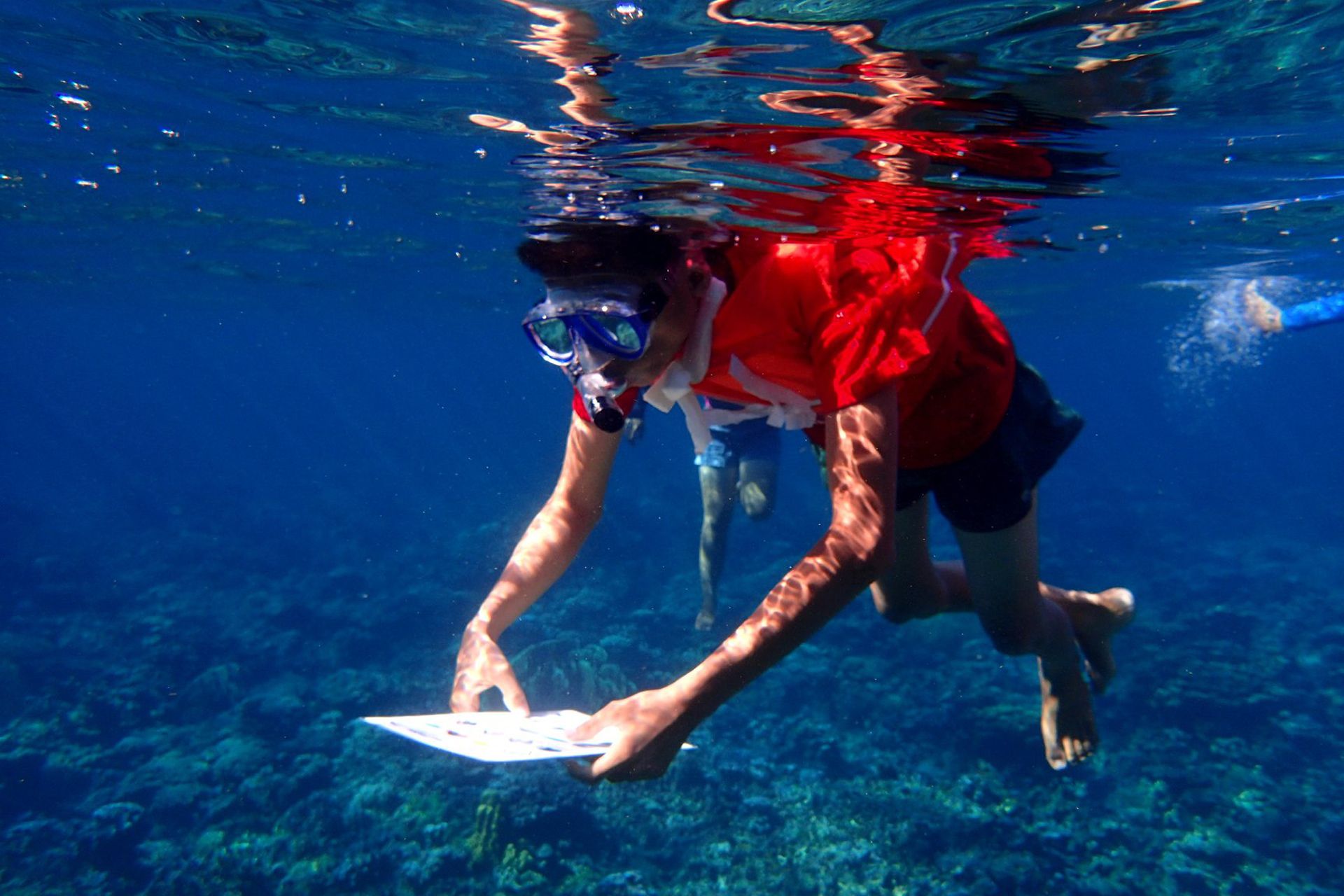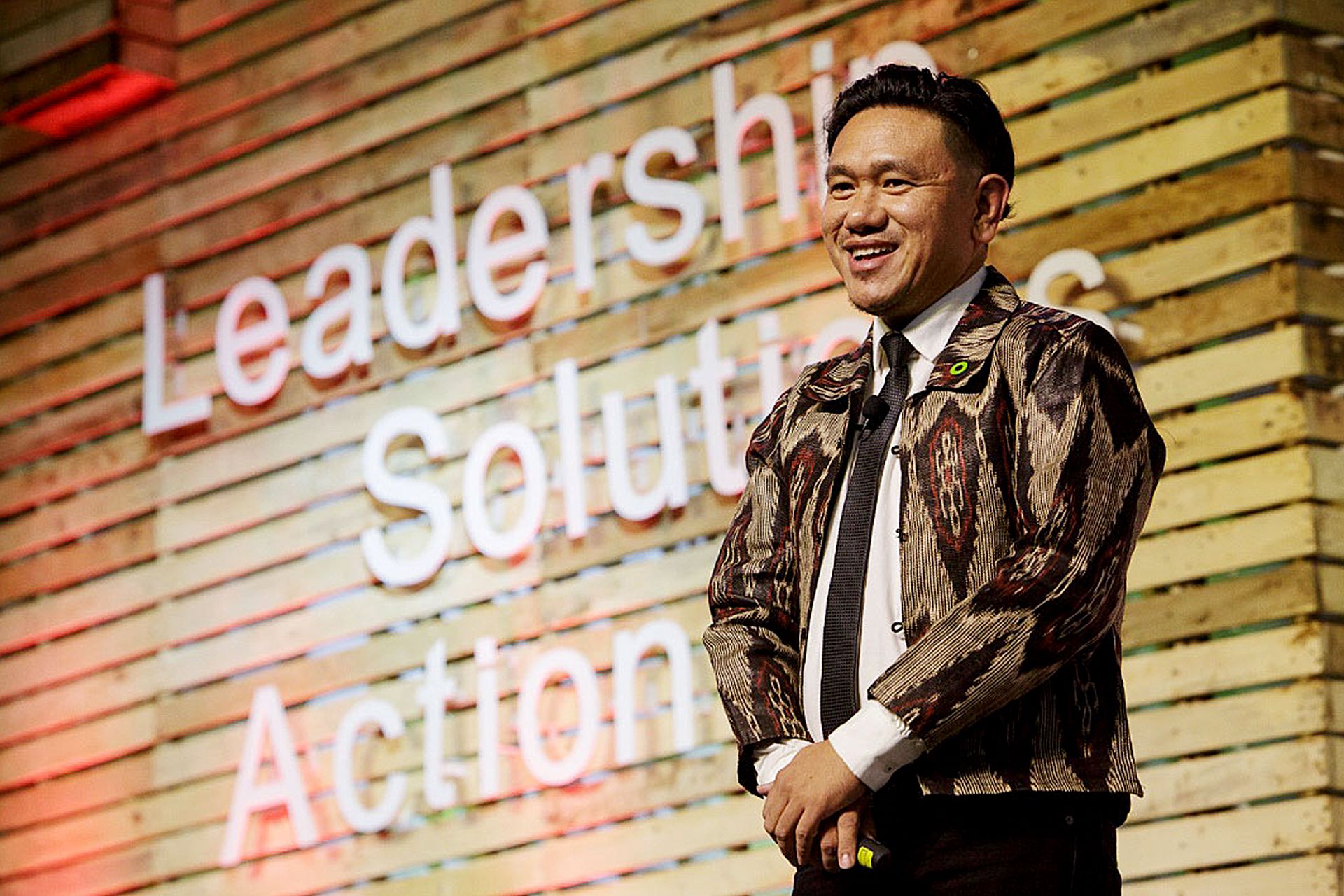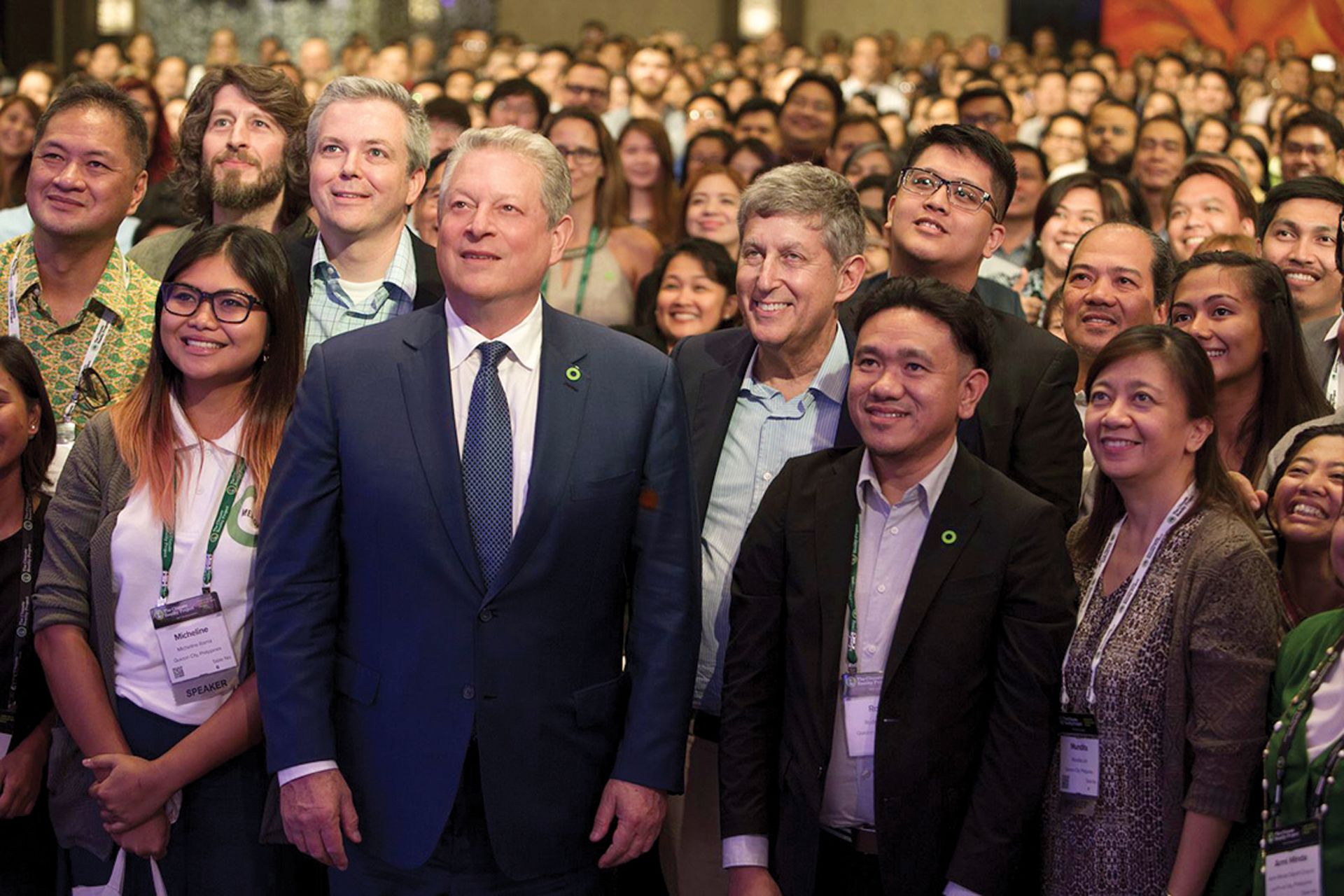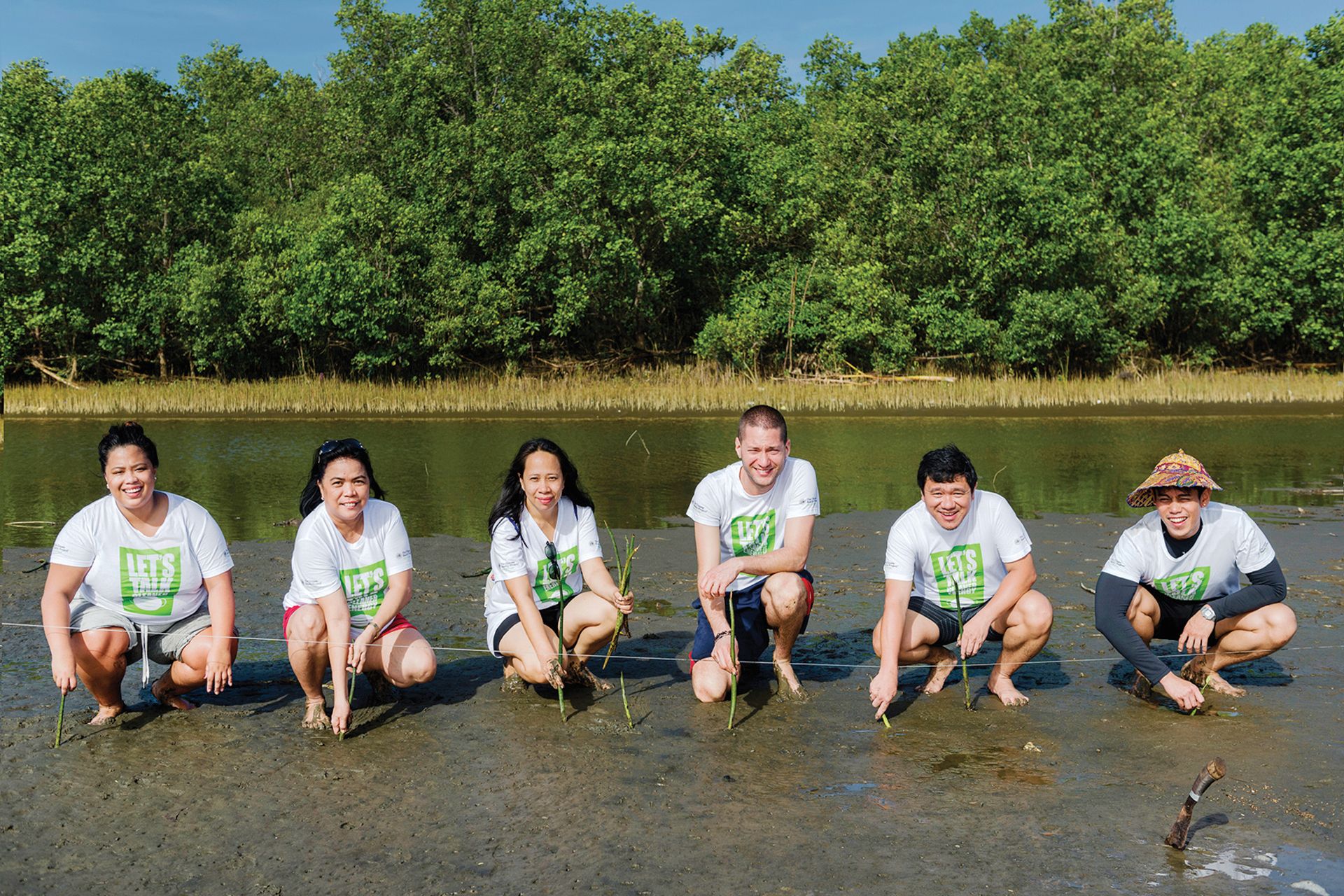With a global emphasis on finding measures to counteract climate change and shifting to a more ecologically sustainable mind-set environmental activists Anna Oposa and Rodne Galicha stand at the forefront for a new generation.
It was the American environmentalist and outdoorsman Yvon Chouinard who stated, quite bluntly, that, “most of the damage we cause to the planet is the result of our own ignorance.”
Indeed, the insatiable greed of previous generations for such things as crude oil, wood, precious metals, and maritime products such as seafood, coral, and pearls—without thinking about the impact it would have on the environment—has severely affected the delicate ecological balance in many parts of the world. This has resulted in erosion, overfishing, the death of key coral reefs, and wide-scale deforestation. Likewise, the need to control resources such as food and water in deserts or under-developed nations has also led to strife and, alas, the loss of innocent lives.
Fortunately, a younger, more socially-conscious generation is taking up the cudgels for Mother Nature and is pushing for a greater emphasis on environmental awareness and sustainable living. Here in the Philippines, sustainability warriors like Anna Oposa of Save Philippine Seas (SPS) and Rodne Galicha, the country manager for Al Gore’s Climate Reality Project, stand at the forefront and are, in their own ways, influencing the nation’s mind-set.

Meet Anna Oposa and Rodne Galicha
As co-founder of SPS, Anna playfully refers to herself as its Chief Mermaid, but it’s a title with serious responsibilities. Her organization is geared towards protecting the Philippines’ wealth of coastal and maritime resources through disseminating information via education and communication campaigns, along with community-based initiatives.
“When I started pursuing marine conservation in 2011, my only goal was to get the government to listen and prosecute illegal wildlife traders,” she says when asked as to how her advocacy began. “Now, I want to see experiential environmental education integrated in the [national standard] curriculum. I want to swim and dive in a sea where I won’t find plastics or other types of trash.”




